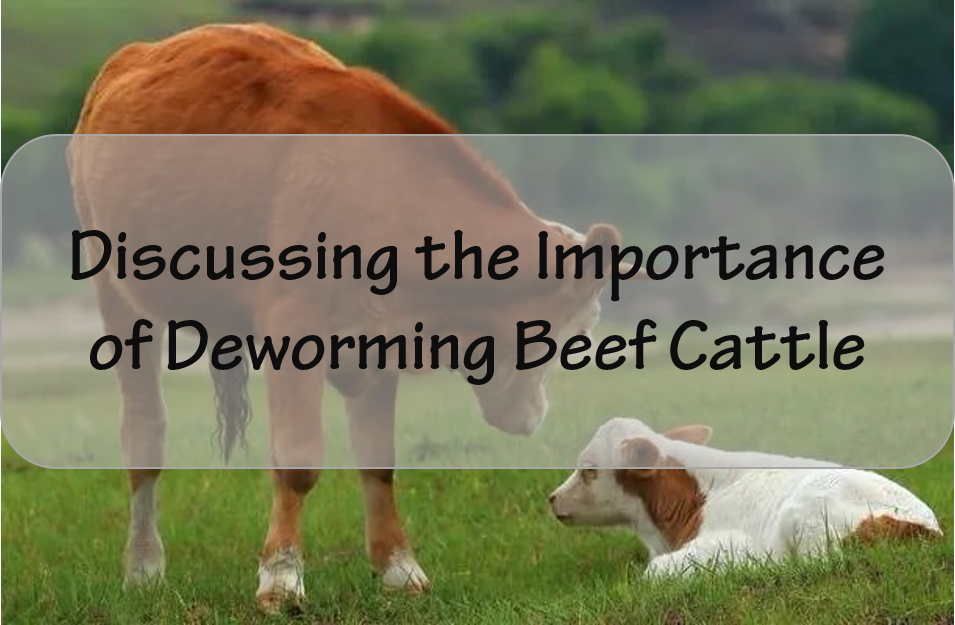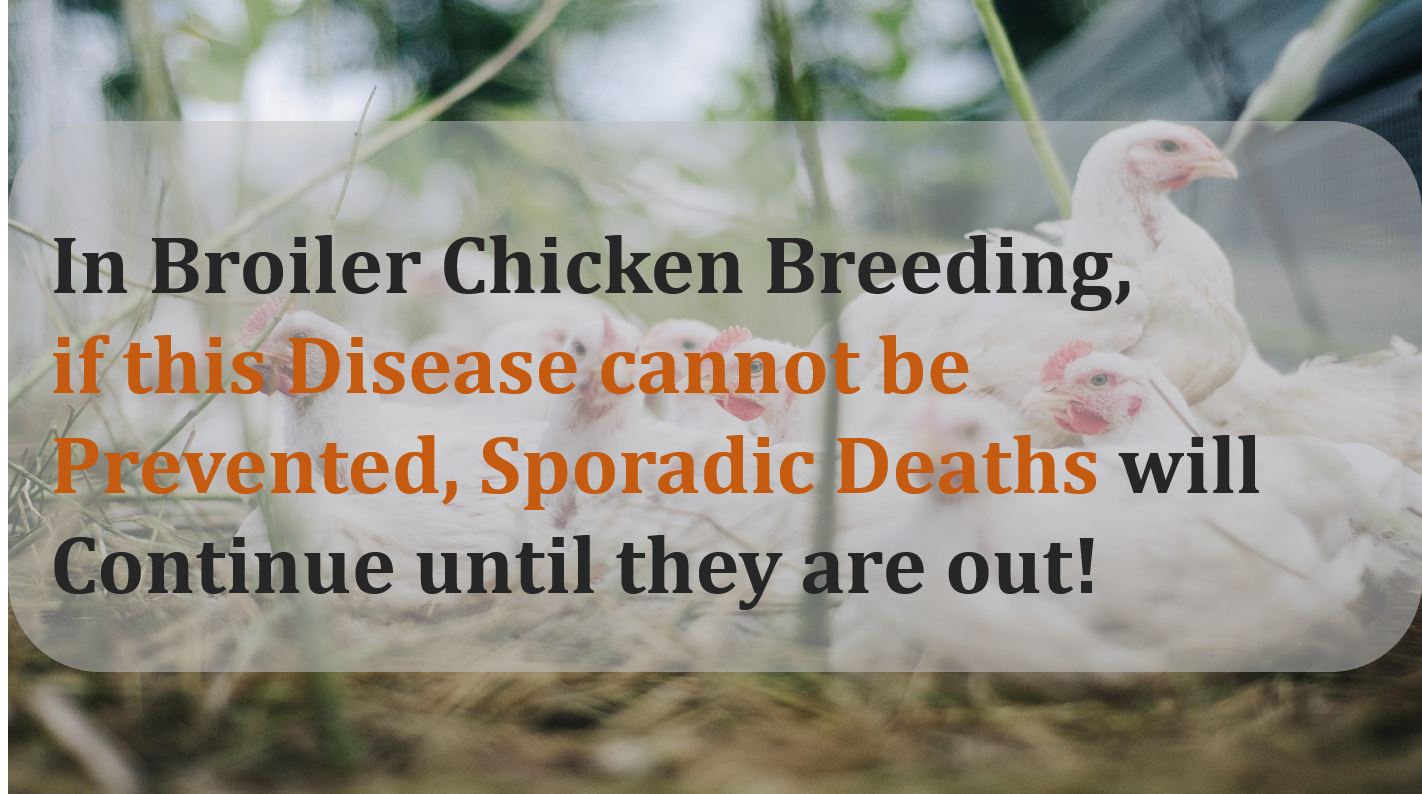| The Body's Defense Guards - Host Defense Proteins The genes of many organisms can encode natural cationic HDPs. In mammals, HDPs are expressed in many cells, such as: monocytes/macrophages, neutrophils, epithelial cells, keratinocytes, and columnar cells. Expression of mature peptides (which are biologically active) requires proteolytic cleavage. Depending on the specific peptide, species and tissue or cell, some peptides can be constitutively expressed, such as β-defensin-1 (HBD-1) in human intestinal epithelial cells; However, the expression of other peptides requires microbial signaling molecules, inflammation or wound induction, such as human beta-defensin-3 (hBD-3) expressed in inflammatory disorders caused by Crohn's disease.
Studies have shown that cationic HDPs have a protective effect on the host immune system, such as antimicrobial peptides and defensins, and their expression can be enhanced in transgenic mice to enhance resistance to bacterial infection. Similarly, the expression of these HDPs is enhanced in various inflammatory conditions in the body, such as cystic fibrosis, bronchiolitis, and psoriasis. The study found that patients with specific granule deficiency syndrome who were deficient in alpha-defensins suffered from severe and frequent bacterial infections.
Similarly, patients with Costerman's disease are generally deficient in LL-37 antimicrobial peptides, so these patients are prone to severe and frequent oral infections. In experiments using rodents as models, it was found that mice lacking the endogenous antimicrobial peptides CARMP or β-defensins were all susceptible to streptococci. In contrast, exogenous administration of antimicrobial peptides reduced bacterial infection in these mice and protected them in bacterial challenge assays. Source: There are twelve chapters in Multifunctional Cationic Host Defense Peptides and Their Clinical Applications, this article is serialized as an excerpt: Chapter 1 The Body's Defense Guards - Host Defense Proteins  |
 Discussing the Importance of Deworming Beef Cattle
Discussing the Importance of Deworming Beef Cattle
 In broiler chicken breeding, if this disease cannot be prevented, sporadic deaths will continue until they are out!
In broiler chicken breeding, if this disease cannot be prevented, sporadic deaths will continue until they are out!
 Cattle and Sheep 100 Questions Ⅱ
Cattle and Sheep 100 Questions Ⅱ
 Cattle and Sheep 100 Questions Ⅰ
Cattle and Sheep 100 Questions Ⅰ